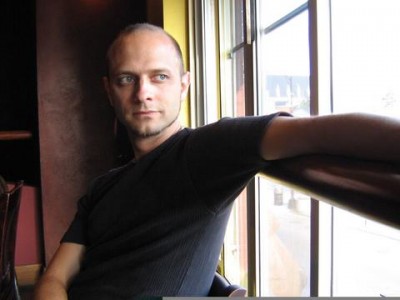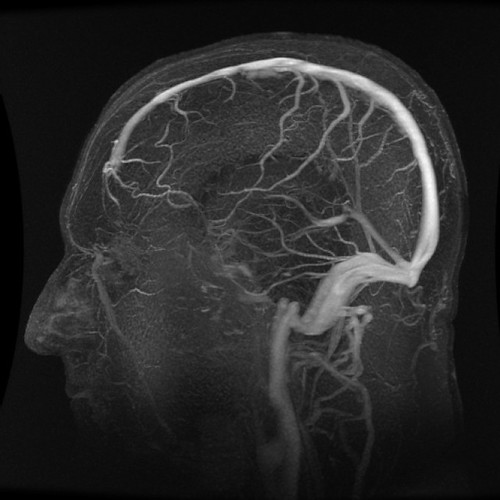 Remember the Sermon on the Mount?
Remember the Sermon on the Mount?
It’s the 4 chapters ( Click to read Matthew Chapters 4-7 ) where Jesus lays out this upside down, counter-intuitive foundation for the Kingdom of Heaven on earth. He shows how God’s ways don’t look like our ways. It’s a recapitulation of the law of Moses that was warped by God’s people over time and needed to be righted.
Disciples of Christ try to get this passage into their DNA and live it out. While many claim to be Christians few really follow or even grasp the framework Jesus lays out for the Kingdom. Maybe it’s too challenging.
In Matthew 5 Jesus covers the very unpopular idea of not hating our enemies.
• We like to side with people we agree with.
• We like to make sure people know where we stand and what we oppose.
• We love our own
(Much like today, the prevailing thought at the time was that your kin, tribe, or people group are your neighbors and you should love them. Everyone else? They could be treated like enemies. Jesus stresses that our enemies are our neighbors too and later he uses the parable of the Good Samaritan to make his point about what love and following God really looks like.)
But, back to hating our enemies…
(quote blocks cover Mathew 5:43-48)
“You have heard that it was said, ‘Love your neighbori and hate your enemy.’ But I tell you, love your enemies and pray for those who persecute you, that you may be children of your Father in heaven.
Loving our enemies means blessing them. Blessing our enemies means we enrich their lives.
But, what about the prayer part?
There’s a common misunderstanding that this verse implies that we should pray for blessing for our enemies, or pray that good things happen to our enemies, or perhaps the most common…we should pray that they will change.
(That’s one I’ve done quite a bit!)
Jesus’ point is different.
He’s not suggesting that we pray for circumstances to change or for our enemy to change, but that’s just what we do, isn’t it?
No. The point is that our enemies and the persecution works to change us into children of God, when we do as Jesus would do.
What praying “for them” means is that we are praying for them to be our teachers. We are praying for us. The trying experience shows us the potential to take on the nature of God. A nature that is so radically different than ours.
God’s ways are the ways of love.
• What does that mean?
It becomes more obvious as Jesus continues the thought and tells us something about God and his character.
How good is God? Thoroughly. Or we could say “perfectly good”.
In fact, he is so unsparingly generous in his goodness that…
He causes his sun to rise on the evil and the good, and sends rain on the righteous and the unrighteous.
Huh? That seems odd. He does good to bad people. . .
We think of justice as righting wrongs usually by giving someone a form of evil or payback for their evil, and rewarding good with more good. We like liking those who like us and we like punishing or casting out those we don’t like.
For instance, in two minutes on Facebook and you’ll see demarcation lines drawn. Outsiders and insiders. Good and bad. Idiots and smart.
We assume that praying for them (to change) is the godly option …
(because we are actually tempted to do something really nasty and let them have it…but, gosh, we are holding our selves back, you know, because of trying to be godly and such).
The godly thing to do is to think and act through the framework of love as our heavenly Father would.
This has nothing to do with feeling warm fuzzies or giving out hugs. It’s about fundamental fairness, as God defines it.
It’s about a shift is perspective.
Jesus tackles that next:
If you love those who love you, what reward will you get? Are not even the tax collectors doing that? And if you greet only your own people, what are you doing more than others? Do not even pagans do that?
So what should we do instead? Jesus says…
Be perfect, therefore, as your heavenly Father is perfect.
Don’t trip over the perfection part.
The point of the statement is to show how God is thoroughly good and also quite different in his ways than you and me. Be like God.
Being like the good Father from heaven is the true aim. This portion of Matthew 5 isn’t truly centered on what to do about our enemies. Weird, right?
It’s about transforming our thinking and our ways into Kingdom ways.
(That’s what all of the Sermon on the Mount to geared toward.)
The more good and loving we are, (even to those who are unlike us, or who hate and mistreat us), the more we are like children of God and children of his kingdom (dominion).
The contention Jesus makes is that God doesn’t play favorites.
Most people don’t like this part and don’t truly go along with it. We do gymnastics to find some useable loopholes or other verses to avoid the this part, because we define ourself by who our favorites are.
Why doesn’t God play favorites?
Because he really loves us. It is the very nature of God, as defined and modeled by Jesus.
Evil is redeemed through generosity, forgiveness, and love.
Sounds crazy, of course, but we see this happen all the time.
• Remember the story of Officer Jeremy Henwood who bought a child a happy meal just a few minutes before he was violently gunned down in a random attack (and his good deed was caught on video)?
• Or the woman from Rwanda who’s only son was violently murdered. She not only visited the young man who killed him and visited him in prison, but later adopted him and became his mother when he had no place to go.
This stories make us want to be better people through just hearing the story!
• Think of Jesus dying for his enemies.
• Think about how true forgiveness makes things new.
Because we let the person off?
No.
It’s because we have transformed.
We stopped letting the offense trap and define us.
The next time you think about “praying for your enemies” remember:
• You are praying for you.
• You are praying for your mindset to change about what is happening.
• You are practicing being a child of God.
Don’t miss the next post in a day or so. Try the free Feedburner email delivery service (right sidebar signup form.)






 Remember the Sermon on the Mount?
Remember the Sermon on the Mount?